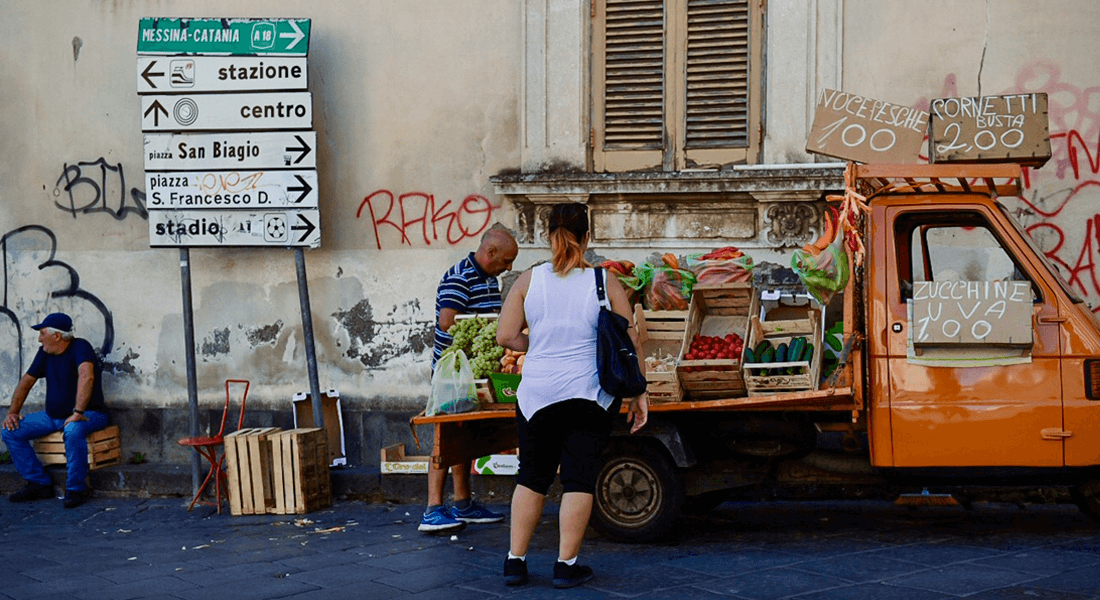The place of women: Beyond the stereotypes of rural and insular speech communities
Lecture by Emma Moore, University of Sheffield

Traditional dialectology long privileged the voices of rural, working-class men as the “authentic” bearers of linguistic tradition. Variationist sociolinguistics broadened the scope, yet the fetishisation of the male rural speaker continues to shape how language is studied and understood.
In this lecture, Emma Moore challenges these assumptions. Drawing on her long-term research on the Isles of Scilly, she examines how choices of linguistic features and the place-based meanings attached to them shape our narratives of rural and insular communities. Moore asks: what changes when we look beyond “traditional” dialect variables and consider a broader range of linguistic practices – including those often overlooked in sociolinguistic research?
Building on the concept of markedness, she proposes an analytical approach that brings women’s voices back into the centre of accounts of rural language variation. In doing so, her work opens new perspectives on how sociolinguists can move beyond stereotypes of rural life.
Read the abstract of the lecture
Emma Moore is Professor of Sociolinguistics at the University of Sheffield. Her research explores individuals’ and communities’ use of language to construct social styles, differences, and affiliations. She works interdisciplinary drawing on anthropological and sociological methods in addition to linguistics. Professor Moore is the author of Socio-syntax: Exploring the Social Life of Grammar published by Cambridge University Press.
Map of South Campus
View directions.
View on map of the Faculty of Humanities - South Campus.
View map of South Campus (pdf).
